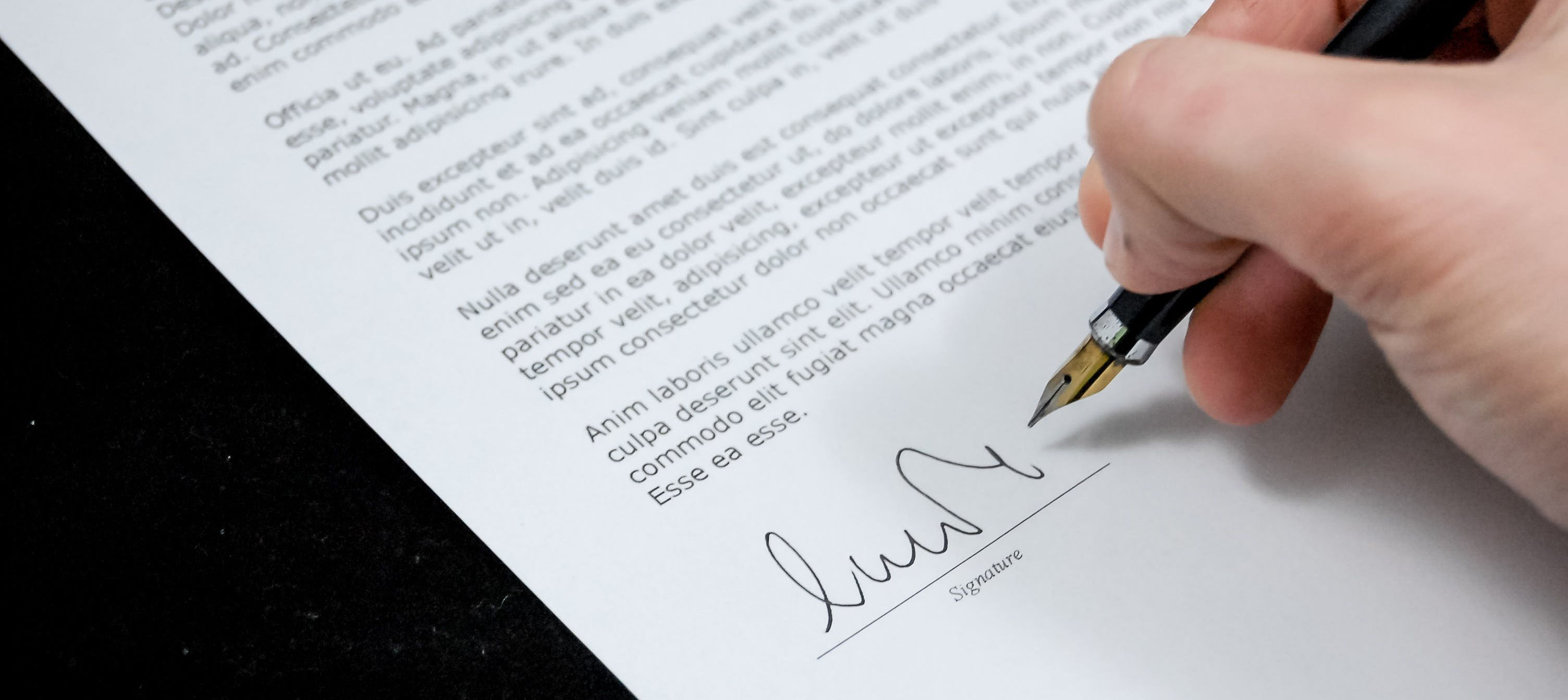Research contract management
The Civil Law and Contracts Office, part of KTH’s Research Support Office (RSO), is comprised of business lawyers who prepare, review and negotiate agreements between KTH and companies, organisations, and other agencies, primarily in the area of research. The Office also provides legal advice relating to contract law and civil law.

According to KTH delegation procedures, all research agreements must be reviewed by the Civil Law and Contracts Office, and under KTH’s Guidelines on Management of Intellectual Property, research agreements must be prepared and negotiated by the Office. The lawyers make an assessment of KTH’s risk and negotiate the terms of the agreements as necessary. The lawyers then compile a legal statement for the authorised decision maker which forms a basis for a decision on whether or not KTH should enter into the agreement. The person signing an agreement in which KTH is the principal or a party is responsible for ensuring that the agreement benefits KTH’s operations, that funding has been secured, and that resources are available to fulfil the contractual obligations. Prior to signature, the decision maker is also responsible for making sure that the agreement is reviewed by the Civil Law and Contracts Office and that any inherent risks have been considered.
Professional support for business law
New assignments for the Office must be submitted by the relevant administrative officer (the school’s Contract Coordinator, or in matters relating to support services the person administrating the matter in question), who prepares the matter prior to review by the lawyers, according to KTH's The administrator registers new review assignments in the CASE database, together with the necessary documentation. Always contact your school’s Contract Coordinator as soon as funding for your project has been granted to ensure you get the best possible help with finalising an agreement.
Confirmation
Please note that all projects need to be officially confirmed by the relevant school management at KTH. This generally takes the form of an attestation by the Head of School that the school has the resources available to carry out the project. Note that the school’s official confirmation needs to be in place before the legal review begins.
How long does it take?
To allow time for dealing with a variety of matters from the schools and support services, and also for the complexity of the agreements under review, the lawyers generally need at least two weeks to deal with new matters. All the lawyers review and negotiate many different research agreements simultaneously. The better prepared the documentation is, the faster the review process will be. When a matter is allocated to one of the lawyers in the Office, an email confirmation is automatically sent to the Principal Investigator, informing them that the matter is in the queue.
One tip is to establish KTH’s legal conditions with the other parties involved, and vice versa, when planning a collaboration with other parties so that all parties’ expectations regarding the collaboration are clarified before the agreement is drawn up and the terms officially negotiated. It is also important, in plenty of time before project startup, to ensure compliance with rules for conducting research: for instance that the project has been correctly financed, that ethics approval is in place before research begins, that an assessment on export control has been completed, and that there is no risk of conflict of interest.
When an agreement needs to be negotiated with other parties, negotiations may be prolonged if the parties have trouble agreeing on the terms. This could be because the parties have different legal conditions. As a government agency, KTH operates under different legal conditions than, say, a company. KTH has to carry out its risk assessment based on prevailing legislation with no consideration as to whether the collaboration makes good business sense, as a government agency is not a commercial operation. A company, however, generally considers commercial aspects in addition to a legal assessment.
